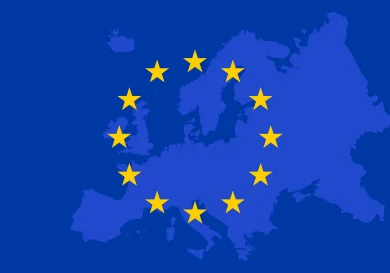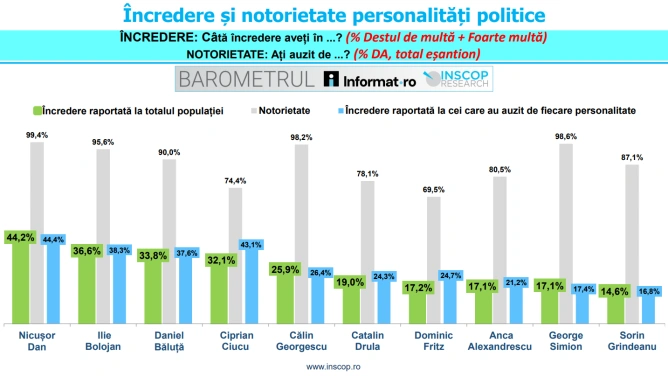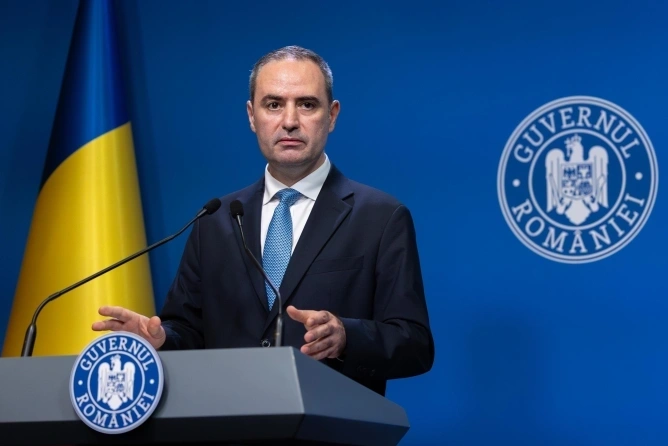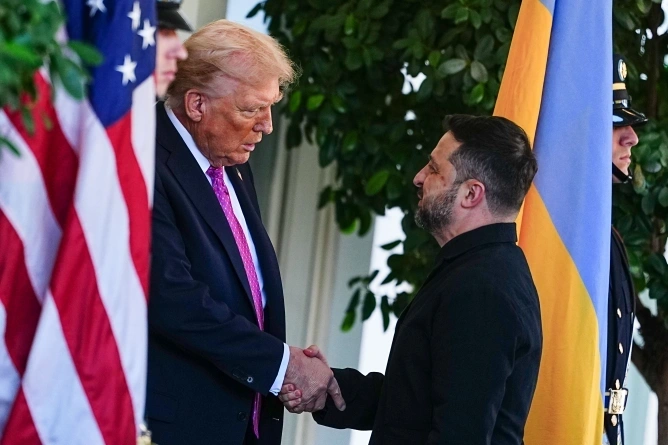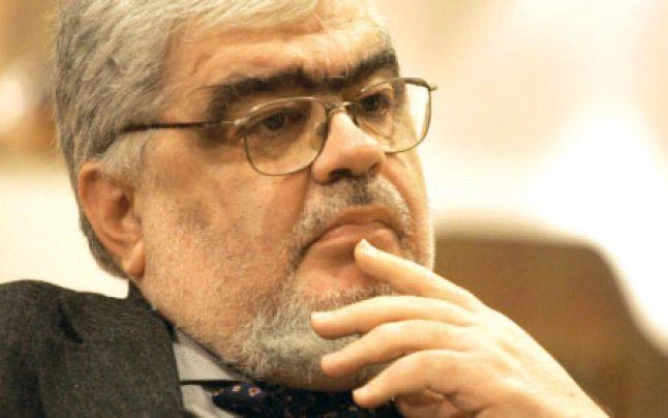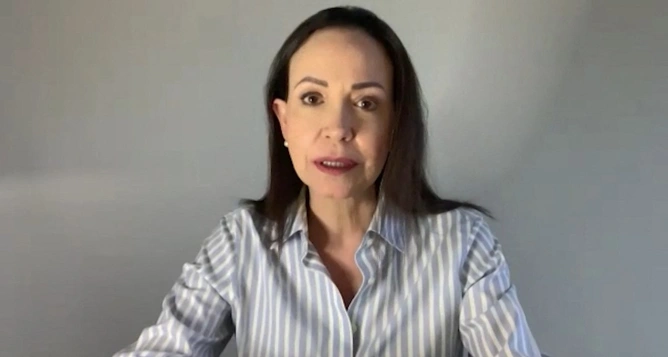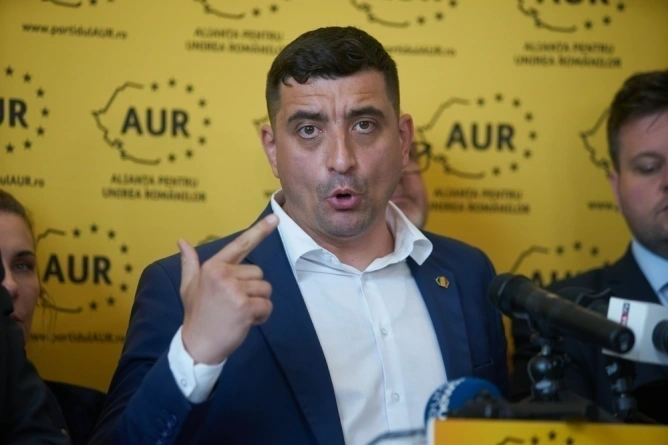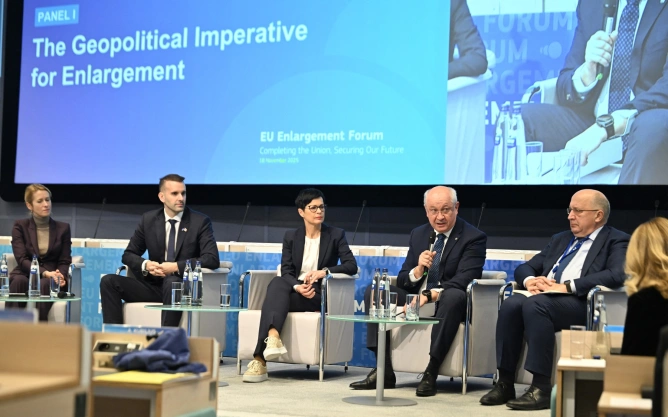
Brussels, November 19 — The expansion of the European Union is "a geopolitical imperative," European officials stated during a panel at the Forum on the Expansion of the European Union dedicated to the future of the enlargement process. The statements reflect the profound change in the strategic climate following Russia's large-scale invasion of Ukraine, which has brought enlargement back to the center of the European political agenda.
The European Commissioner for Defense and Space, Andrius Kubilius, stated that "expansion is a vital interest for the European Union" and emphasized that the integration of Ukraine, Moldova, and the Western Balkan states is essential for the security of the continent.
The EU High Representative for Foreign Affairs, Kaja Kallas, stated that "weakness invites testing" and emphasized that "the strongest army in Europe at this moment is Ukraine," arguing that investments in defense and the integration of candidate states are indispensable in a volatile geopolitical climate.
The Commissioner for Enlargement, Marta Kos, emphasized that the process remains meritocratic but takes on a strategic dimension without precedent. She specified that candidate states "must not wait for unanimity to continue reforms" and that the technical side of negotiations is advancing despite existing political blockages in the Council.
Leaders from candidate countries confirmed that the pace of internal reforms is directly linked to national security. The Prime Minister of Moldova, Alexandru Munteanu, described enlargement as a pillar of regional stability, while the Prime Minister of Montenegro, Milojko Spajić, stated that the region perceives the enlargement process as a guarantee of security in an unstable environment.
Meanwhile, member states are called to explain to their own citizens why enlargement is necessary now, in a climate where skepticism remains high in some European capitals. European officials assert that a credible and well-managed enlargement is an essential part of the response to the pressures exerted by Russia and to the new geopolitical realities in the eastern neighborhood.
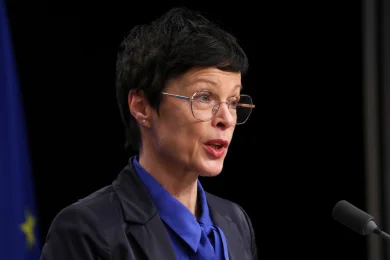
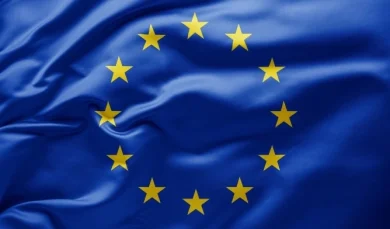
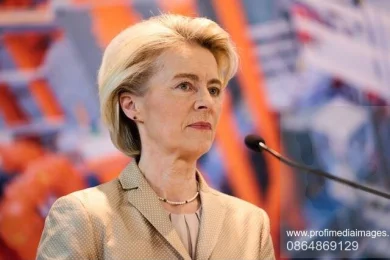
.webp)
